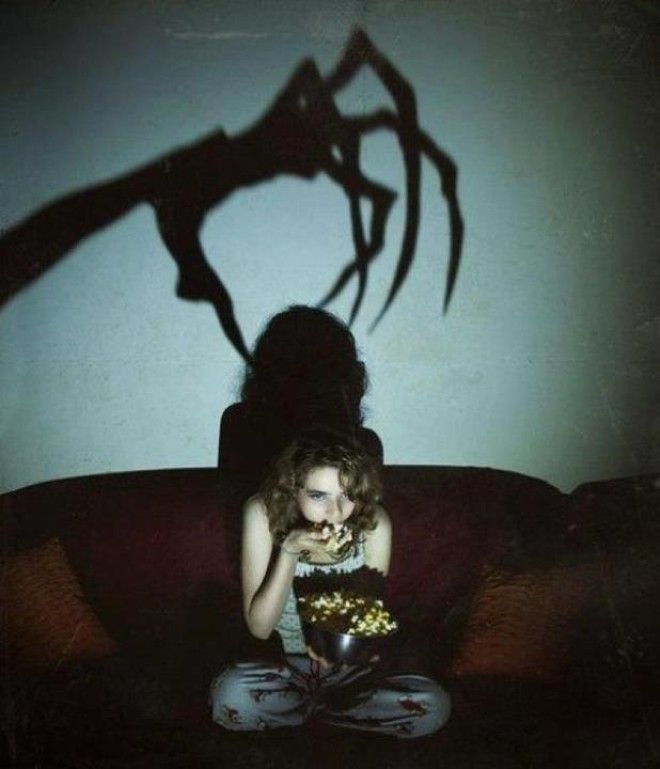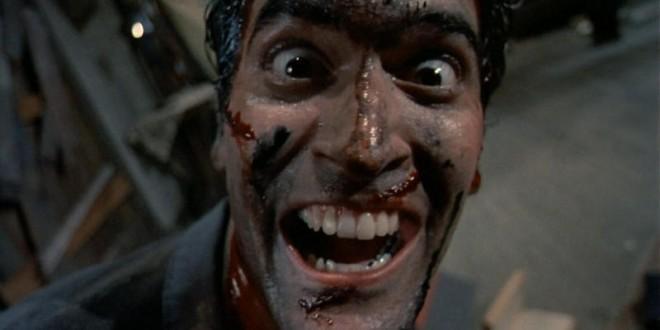The phrase can actually be traced back to medieval times, when people believed that being petrified could make blood run cold, or even congeal. Though medicine and science weren’t at their peak back then, the concept has been around for long enough to have piqued the interest of researchers, especially since no study had directly examined the idea previously.

“A lot of these old expressions have some reality behind them,” lead author Dr. Banne Nemeth from Leiden University Medical Center told IFLScience. “When you experience fear, things begin to happen in your body. It becomes activated, adrenaline gets released, and your fight or flight response is triggered. So we thought it would be interesting to explore whether this phrase is really true.”
For the investigation, published in the BMJ Christmas special, Banne and colleagues rounded up a small group of 24 healthy volunteers under the age of 30 and split them into two groups. One watched a horror movie, “Insidious,” followed by a non-scary documentary “A Year in Champagne,” whereas the other watched the films in reverse. They were both around the same length, and were viewed one week apart.
Participants weren’t told the nature of the movies, or the hypothesis of the study.

Fifteen minutes before and after the movie, blood samples were drawn to look for so-called “fear factors,” basically markers of blood clotting, and participants were also asked to report fear levels using a questionnaire. Unfortunately, a few participants had to be excluded.
Blood cells were breaking down in two samples, which would have given an unreliable result, and one participant was so nervous about blood being withdrawn that, even after eating a family-sized box of chocolates, he fainted out of fear.
In the remaining bunch, the researchers discovered that watching the horror movie, but not the educational film, was associated with a significant uptick in a clotting protein called blood coagulant factor VIII, but no other molecules involved in the blood clotting pathway. While the team is unsure of the actual cause of this increase, they have proposed an idea to explain why it could be happening.

“If you translate this to an evolutionary perspective, it makes sense,” explained Nemeth. “We found that the body actually prepares itself for blood loss in frightening situations. This is a good thing, as fear is associated with injury.”
What that means is, should the fearful situation result in a wound, the body is already prepared and can react faster, clotting more rapidly and thus reducing the amount of blood lost. So they may have been burning witches, but it seems sometimes medieval people were indeed onto something.

